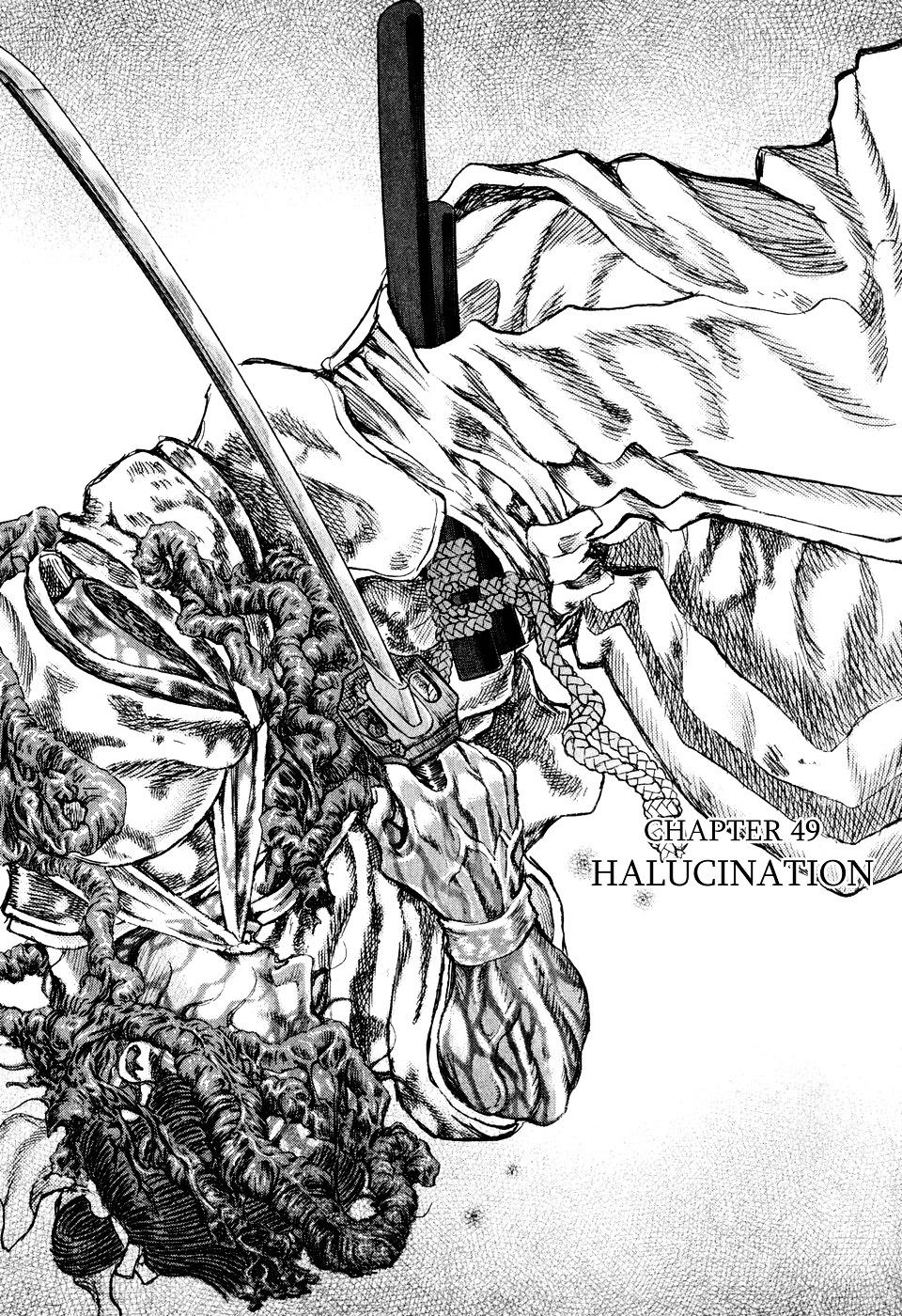

Another problem I have with it-and I know it's AD&D 2nd edition, so this also isn't a fair comparison-is the randomness.

I mean, it's complicated, but it does what it sets out to do. The book explicitly mentions that keeping track of too many rulers at once will drown the GM in paperwork, and the best way is to track 2 or 3 in any given domain turn (another concept) that are important. It isn't really a fair comparison, because Birthright was written over a decade before Crusader Kings II came out, but I spent the entire book thinking that it would make an excellent Crusader Kings II mod, and a computer would do a way better job of tracking the shifting alliances between regents, each regent's Regency Point and Gold Bar totals and what they spent them on, the movement of armies, and basically all the paraphernalia the game demands.

One of my biggest problems as I read this is that I kept comparing it to Crusader Kings II. "Regents" (the term used for those with divine bloodlines) can bond with the land and use their powers to improve both themselves and their holdings, and there's a big system dedicated to this involving Domain Levels and Holdings and Regency Points and Bloodlines and so on. Including the part where if someone dies, they obviously have lost the Mandate of Heaven-literally, because their killer can steal some of the divine power in their blood. Without getting into the backstory too much, there were some gods, one turned evil, they fought, the gods blew up, and a bunch of people absorbed god power and now have the literal Mandate of Heaven. It does this by adding a kingdom-ruling layer on top of the typical kill-orcs-for-their-pie D&D gameplay. Birthright is a setting entirely about ruling kingdoms, fighting with armies, cutthroat diplomacy, and so on.

AD&D 2nd edition kept the idea of gaining followers at higher levels, but didn't really have any system by which you can do anything with them, other than get them killed too attacking the dragon's lair. Back in the early days of Dungeons and Dragons, getting to higher levels was a huge thing, because that was the level where the characters attracted followers, and could build strongholds, carve land out of the wilderness and gain titles, and so on.


 0 kommentar(er)
0 kommentar(er)
